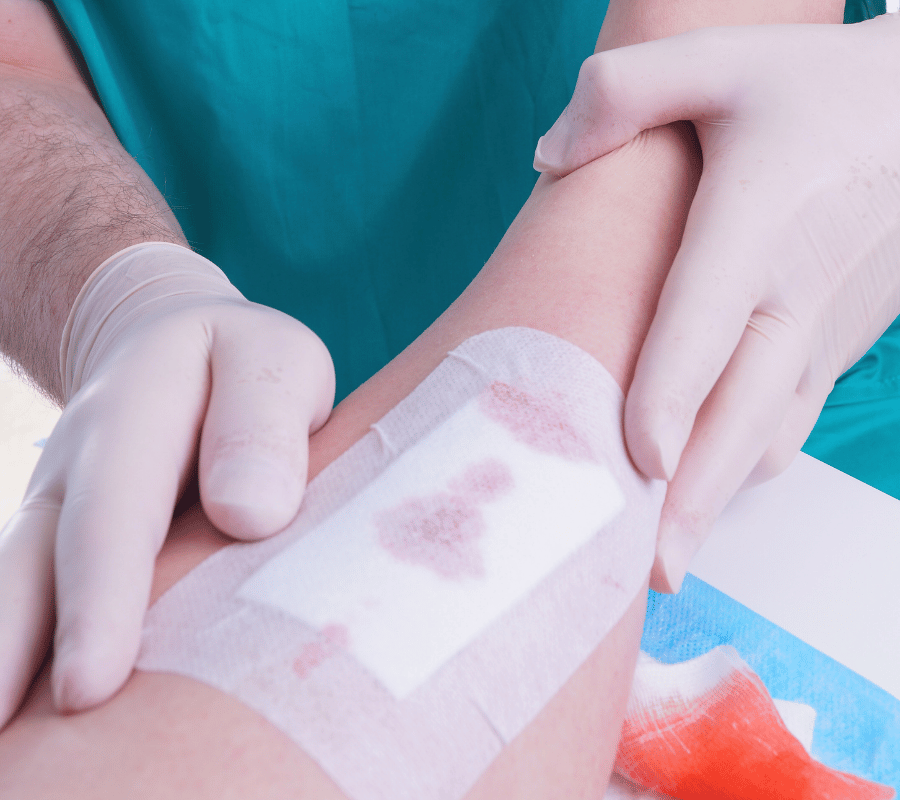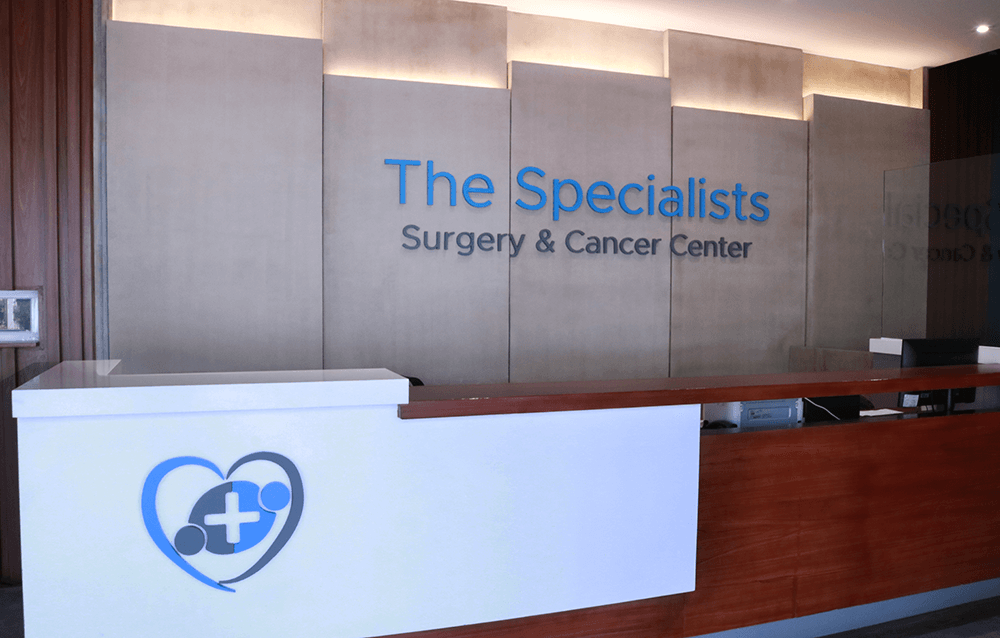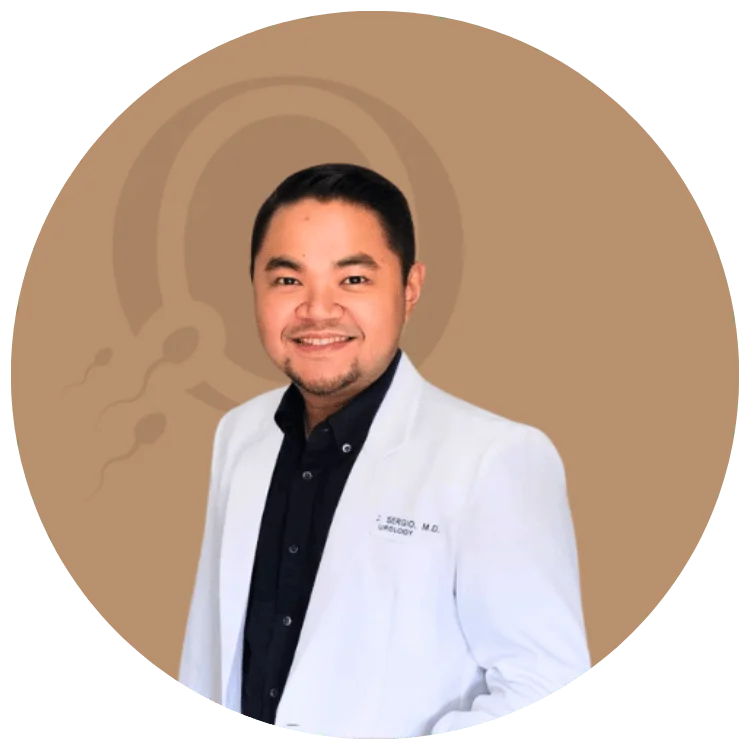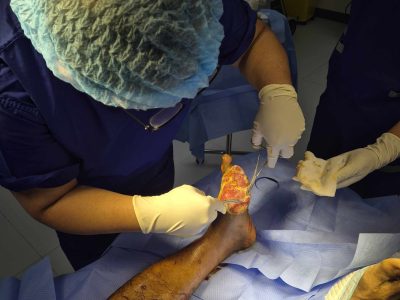Living with a wound that refuses to heal can be frustrating and painful. Whether caused by an injury, surgery, or an underlying health condition, wounds require more than just basic care to heal properly. This is where a wound care doctor becomes invaluable. Specializing in the diagnosis, assessment, and treatment of chronic and acute wounds, these experts ensure patients receive the precise care needed for optimal recovery.
At facilities like the Kalingap Wound Care Clinic in Quezon City, patients have access to advanced wound assessment services designed to identify the root causes of wounds and tailor treatment plans for effective healing. Understanding what a wound care doctor does and the specialized services they provide can be a critical step toward faster recovery and improved quality of life.
What Does a Wound Care Doctor Do?
A wound care doctor is a medical professional trained to manage and treat wounds that are difficult to heal. Unlike general practitioners who may provide basic wound management, wound care specialists focus specifically on complex wounds, including chronic wounds such as diabetic foot ulcers, venous ulcers, pressure sores, and acute wounds from surgery or trauma.
These doctors perform detailed assessments to understand the wound’s characteristics and underlying factors that may impede healing. Their expertise enables them to develop comprehensive treatment strategies that address not only the wound itself but also related health issues such as diabetes, infections, or poor circulation.
Advanced Wound Assessment: The Key to Effective Treatment
Successful wound care begins with a precise and thorough assessment. A wound care doctor employs an advanced wound assessment approach that goes beyond a simple visual inspection. This involves evaluating the wound size, depth, tissue type, presence of infection, blood flow, and overall patient health.
At Kalingap Wound Care Clinic, this comprehensive evaluation helps identify factors like poor nutrition, vascular problems, or chronic conditions contributing to slow healing. The use of evidence-based assessment tools ensures that every aspect of the wound and the patient’s condition is carefully considered.
By fully understanding the wound’s status, the wound care doctor can implement the most effective treatment plan, ensuring faster healing and minimizing complications.
Why Choose a Specialized Wound Care Clinic?
Choosing a specialized wound care clinic means receiving personalized care from professionals dedicated to wound healing. Unlike standard clinics, facilities like Kalingap Wound Care Clinic in Quezon City utilize cutting-edge techniques and tailored treatment plans that address each patient’s unique needs.
Tailored treatment plans improve healing times and help reduce the risk of infection or recurrence. The clinic’s approach focuses on continuous monitoring and adjustments to treatment based on the patient’s progress, ensuring that every wound receives optimal care.
Patients who seek care from a wound care doctor at a specialized clinic benefit from a multidisciplinary team that may include nurses, physical therapists, and nutritionists, all working together for the best possible outcomes.
Common Types of Wounds Treated by Wound Care Doctors
Wound care doctors handle a broad spectrum of wounds, each requiring a unique approach:
- Chronic Wounds: These wounds fail to heal within the expected timeframe. Common chronic wounds include diabetic foot ulcers, venous ulcers caused by poor blood flow, and pressure ulcers (bedsores) often seen in immobile patients.
- Acute Wounds: Resulting from injuries or surgeries, these wounds typically heal faster but sometimes require specialized care, especially if complications such as infections arise.
- Infected Wounds: Any wound can become infected if not properly cared for. Wound care doctors diagnose infections early and provide targeted treatments to prevent worsening.
By specializing in these wound types, a wound care doctor ensures that patients receive the most appropriate therapies and preventive measures.
The Wound Care Process: What to Expect
Visiting a wound care doctor starts with an initial consultation where the wound is carefully assessed. This first step includes taking the patient’s medical history, conducting physical exams, and possibly ordering diagnostic tests like blood work or imaging studies.
Following the assessment, a customized treatment plan is created based on the wound type, severity, and patient health. Treatments may involve advanced wound dressings, debridement (removal of dead tissue), antibiotics for infection, or therapies to improve blood flow.
Regular follow-up appointments are crucial. The wound care doctor will monitor healing progress and adjust the treatment plan as needed to ensure effective care. Patient education is also a vital part of the process, empowering individuals to care for their wounds properly at home and take preventive measures to avoid recurrence.
Innovations in Wound Care Technology
Modern wound care has evolved significantly thanks to technological advances. A wound care doctor now has access to innovative tools and therapies that enhance diagnosis and treatment effectiveness.
Some of the latest technologies include:
- Advanced Dressings: These provide a moist healing environment, protect from infection, and sometimes release medication directly to the wound site.
- Negative Pressure Wound Therapy (NPWT): A technique that uses suction to remove fluids and promote tissue growth.
- Biological and Synthetic Skin Substitutes: Used for large or hard-to-heal wounds to encourage tissue regeneration.
- Laser Therapy and Ultrasound: These can stimulate healing and reduce inflammation.
Clinics like Kalingap Wound Care Clinic incorporate these innovations, ensuring patients benefit from the most current and effective wound care options.
Tips for Patients: How to Support Your Wound Healing at Home
Healing a wound is a collaborative effort between the patient and the wound care doctor. Patients can support their recovery by:
- Following all care instructions carefully, including wound cleaning and dressing changes
- Maintaining good hygiene to prevent infections
- Eating a balanced diet rich in vitamins and proteins essential for tissue repair
- Managing underlying health issues like diabetes or poor circulation
- Avoiding smoking and limiting alcohol consumption as these can delay healing
Regular communication with the wound care doctor is important to report any changes or concerns promptly.
Takeaway
A wound care doctor plays a vital role in managing complex wounds, providing expert assessment and personalized treatment to ensure wounds heal properly and complications are minimized. By choosing specialized care at clinics like Kalingap Wound Care Clinic in Quezon City, patients gain access to advanced wound assessment, innovative treatments, and a multidisciplinary support team.
Don’t let wounds linger and risk further health problems. Seek out a wound care doctor today to receive the specialized care necessary for optimal healing and a better quality of life.







